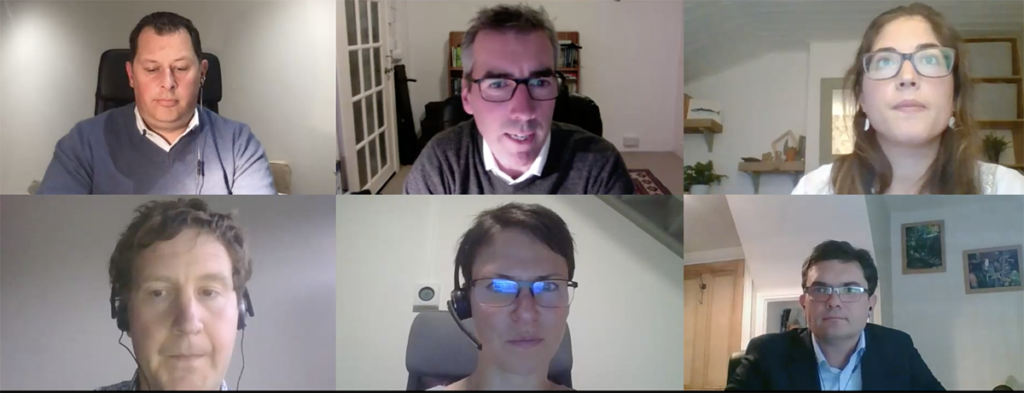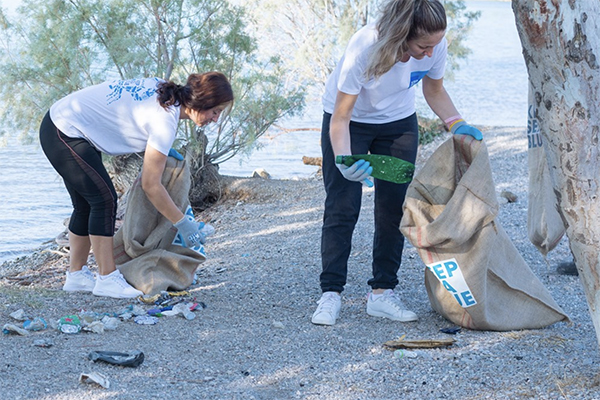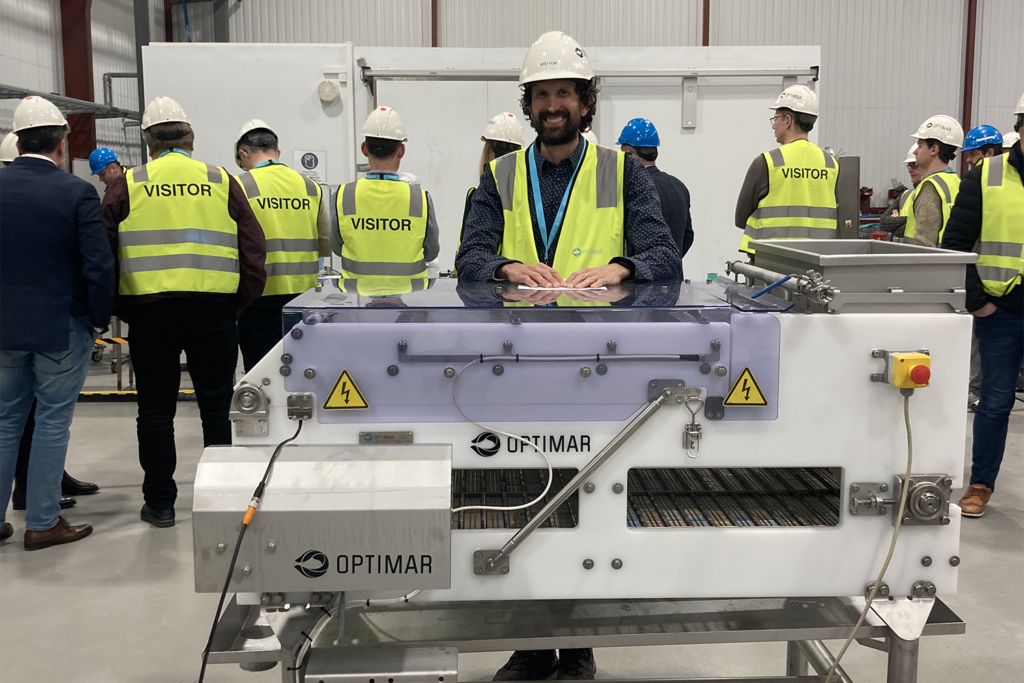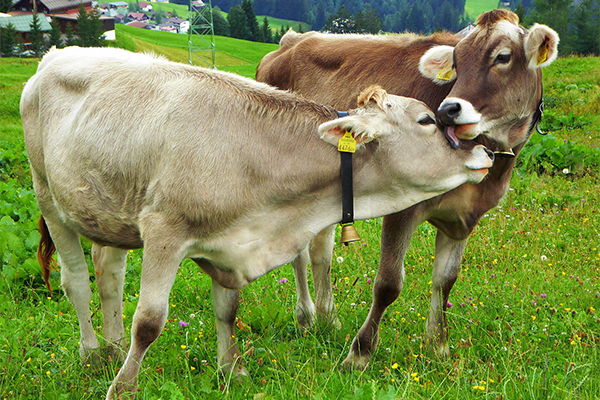Tesco implements groundbreaking policy to improve animal welfare of farmed decapod crustaceans, setting new industry standards

Tesco, the UK’s largest retailer, has announced a new policy to improve the welfare of farmed decapod crustaceans, such as shrimp and crab. This policy, developed with support from the Aquatic Life Institute, ensures better treatment of these animals from farming to slaughter. Tesco’s commitment reflects growing consumer concern for animal welfare and could encourage other retailers to adopt similar standards.
“Tesco is committed to continuous improvement in animal welfare within the markets and supply chains we operate in,” said Ben Lambden, sustainable fisheries and aquaculture manager at Tesco. “As well as our market-leading ‘Tesco Welfare Approved’ audit program, we wanted to go further in stipulating our minimum welfare requirements for farmed decapods. It is our hope that in doing so, we can play our part in the continued improvement and development of these crucial supply chains.”
As part of the specific improvements, the retailer will no longer sell live decapod crustaceans in stores or online. By 2026, all farmed Penaeus vannamei shrimp in Tesco’s supply chain will be electrically stunned, and the company is exploring how to extend this practice to Penaeus monodon shrimp. Additionally, 100 percent of suppliers must comply with recognized farm assurance schemes like the Aquaculture Stewardship Council (ASC), Global GAP or 4-star Best Aquaculture Practices (BAP). By 2030, all suppliers will achieve a Forage Fish/Oil Dependency Ratio of less than 1, and all shrimp broodstock used by Tesco suppliers will be ablation-free by 2027.
Tesco received support from organizations like the Aquatic Life Institute in developing its new policy. The Institute advised on aquatic animal welfare, provided science-based resources and offered feedback on policy drafts. This effort is part of the Institute’s Corporate Initiative, launched in 2023 to help large-scale buyers like Tesco integrate animal welfare into their procurement policies. Similar moves from Waitrose and Marks & Spencer highlight the growing trend of aligning corporate strategies with animal welfare principles.
As the market for decapod crustaceans grows, so does public concern over farming, transport and slaughter methods. Recent evidence suggests these animals can feel pain and have complex cognitive abilities. Coupled with the 2022 UK law recognizing them as sentient beings, a need for higher industry welfare standards is emerging.
“Tesco’s public commitment to ensuring high welfare throughout the lifecycle (farming to slaughter) of farmed decapod crustaceans in their supply chain, is a bold and significant step towards recognizing the sentience of these animals,” said Sophika Kostyniuk, managing director of the Aquatic Life Institute. “This policy will no doubt ignite a positive ripple effect across the retail world, and we applaud Tesco’s leadership on this matter.”
Now that you've reached the end of the article ...
… please consider supporting GSA’s mission to advance responsible seafood practices through education, advocacy and third-party assurances. The Advocate aims to document the evolution of responsible seafood practices and share the expansive knowledge of our vast network of contributors.
By becoming a Global Seafood Alliance member, you’re ensuring that all of the pre-competitive work we do through member benefits, resources and events can continue. Individual membership costs just $50 a year.
Not a GSA member? Join us.
Author
Tagged With
Related Posts

Responsibility
Retailer responsibility in aquaculture production, feeds recognized at GOAL
Top-to-bottom value-chain collaboration is crucial to maintaining a sustainable seafood industry, presenters on Day 2 of GAA’s GOAL conference agreed.

Intelligence
Tesco to recycle discarded plastic waste from coastal areas into seafood packaging
Tesco has announced plans to recycle and reuse discarded plastic waste from coastal areas into their fresh fish packaging.

Health & Welfare
Ace Aquatec and Shrimp Welfare Project team up to promote humane stunning
Ace Aquatec and the Shrimp Welfare Project working together to improve shrimp welfare through humane stunning methods.

Intelligence
Study shows consumers value animal welfare over sustainability when buying meat and dairy
Consumers value animal welfare over sustainability, highlighting the need for labeling strategies to target consumer preferences.



